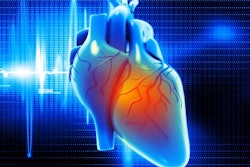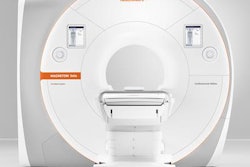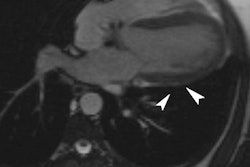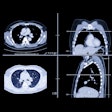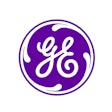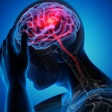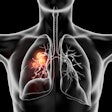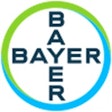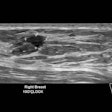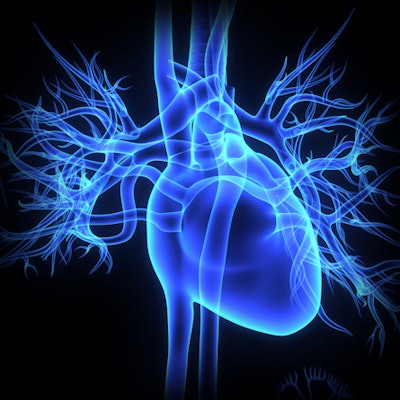
Researchers have developed a rapid contrast-enhanced cardiac MRI protocol that can measure structure, function, and scarring in the heart in less than 20 minutes and at considerably lower cost than standard MRI protocols, according to results published on August 29 in the Journal of the American Heart Association.
Cardiac MRI is an emerging modality that has great potential to change the care of patients with heart disease, but there are multiple techniques available to measure parameters such as function, scarring, and perfusion. These techniques make the modality slow, with scans taking as long as 45 minutes, and too expensive and complex for most developing countries.
For example, in Peru, there are only two MRI scanners that perform cardiac MRI; they provide a total of six scans per week at a cost of $400 to $800 per scan. What if a lower-cost, faster protocol were developed?
To that end, an international group of researchers developed a cardiac MR protocol for a 1.5-tesla scanner to acquire data on cardiac volume, function, and scarring based on late gadolinium enhancement. The rapid protocol can be performed on existing MRI scanners, so no significant hardware upgrades are required.
To find out how it worked in a developing country, the approach was evaluated on 98 cardiac patients (average age, 52) in Peru in the Impact of Noninvasive CMR Assessment (INCA) study. The scanning technique showed hypertrophic cardiomyopathy in 26% of patients, dilated cardiomyopathy in 22%, and ischemic cardiomyopathy in 15%.
In addition, the scans revealed 12 other pathologies, including tumors, congenital heart disease, iron overload, amyloid plaques, inflamed vessels, clots, and valve disease. The technique also led to a new, unsuspected diagnosis in 19% of the patients, while treatment plans were changed to a more appropriate course in 37%.
The exams were completed in 18 minutes, compared with 45 minutes for conventional scans, and cost approximately $150 per patient.
"Our cardiac MR strategy was three to five times cheaper than current cardiac MR exams in Peru," said lead author Dr. James Moon, a professor at Barts Heart Centre at St. Bartholomew's Hospital in London. "It also can be delivered two to three times faster and is easier than conventional cardiac MR."
More information on the rapid cardiac MR technique is available by clicking here.




